1001 Filmmakers You Need to Know:
Jia Zhangke
(May 24, 1970 – Present)
Role: Director, Screenwriter, Producer
Jia Zhangke was born in Fenyang, a small town in Shanxi Province, China, where he grew up during a period of rapid economic and social transformation.
The profound changes he witnessed in his hometown greatly influenced his interest in storytelling that reflects the everyday lives of ordinary people.
Initially studying painting, Jia shifted his focus to film after discovering a passion for capturing social reality.
He later attended the Beijing Film Academy, where he gained a foundation in cinematic technique.
These early experiences shaped his focus on realist portrayals of contemporary China.
Jia’s Influences:
Jia’s cinematic influences include Italian Neorealism, particularly filmmakers like Vittorio De Sica and Roberto Rossellini, who focused on the struggles of ordinary people.
He was also inspired by directors like Hou Hsiao-hsien, known for his contemplative style, and Abbas Kiarostami, whose realism and narrative simplicity aligned with Jia’s vision.
These filmmakers encouraged Jia to explore themes of social upheaval, identity, and modernization.
As a result, his work often presents an unvarnished view of life in China’s rapidly changing landscape.
These influences helped Jia develop his unique voice in contemporary cinema, blending realism with a focus on marginalized communities.
Jia’s First Feature:
Jia’s first feature film, Xiao Wu (1997), tells the story of a pickpocket navigating the challenges of modernization in a small Chinese town.
Filmed on a low budget with mostly non-professional actors, it received acclaim for its raw, realistic portrayal of everyday struggles.
Xiao Wu was praised at international film festivals, where it introduced audiences to Jia’s distinctive style and perspective on China’s social issues.
The film’s success marked Jia as a promising talent in the emerging wave of Chinese independent cinema.
Xiao Wu remains a cornerstone of his career, setting the stage for his future explorations of societal change.
Jia’s Breakthrough:
Jia’s mainstream breakthrough came with Still Life (2006), a film set against the backdrop of the Three Gorges Dam project, which examined the lives of displaced workers and families.
The film received the Golden Lion at the Venice Film Festival, propelling Jia to international recognition.
This success highlighted his ability to convey poignant stories through a documentary-like lens, shedding light on the human cost of China’s rapid development.
With Still Life, Jia became a major voice in world cinema, known for his nuanced portrayals of Chinese society.
The film reinforced his reputation as a director unafraid to tackle sensitive topics.
Jia Zhangke is renowned for his realist approach, often combining documentary-style visuals with fictional narratives to examine China’s societal transformations.
His films frequently explore themes of displacement, modernization, and the impact of economic growth on individuals and communities.
Jia’s style is contemplative, with a slow pace that emphasizes the everyday reality of his characters, giving audiences a genuine sense of time and place.
He is known for his empathy toward marginalized groups, portraying their lives with honesty and respect.
This dedication to authentic, socially conscious storytelling sets Jia apart as one of China’s most significant filmmakers.
Currently, Jia Zhangke continues to create films that address China’s evolving landscape and social issues.
He remains active in both film production and writing, often participating in international film festivals and retrospectives of his work.
Jia has also taken on roles in film education, aiming to foster new Chinese filmmaking talent.
His influence continues to grow, with his work serving as a model for realist and socially aware cinema.
Jia’s ongoing projects focus on the personal and collective impact of modernization in China.
Notable Films:
Still Life (2006)
A Touch of Sin (2013)
Platform (2000)
Mountains May Depart (2015)
Ash is Purest White (2018)
Note: The voices above are AI and trained on excerpts from 1001 Filmmakers You Need to Know and other publically available material.
P.S. Catch up on the rest from TheModernFilmmaker.co:
👉 Buy: The Modern Filmmaker’s On Set Filmmaking Dictionary, today.
👉 Some Filmmakers to Know: Satyajit Ray & Fred Zinnermann…
👉 Some Filmmaking Terms: Above-the-Line & Back to First Marks…
👉 Some Stories: So there My Friend was… Ruining his First Film…
👉 Some Thoughts: Cover Your Ass & Your Films with this…
👉 Some Resources: For Filmmakers…


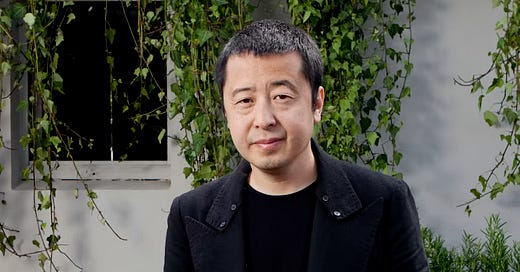
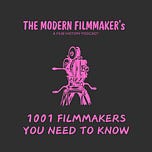
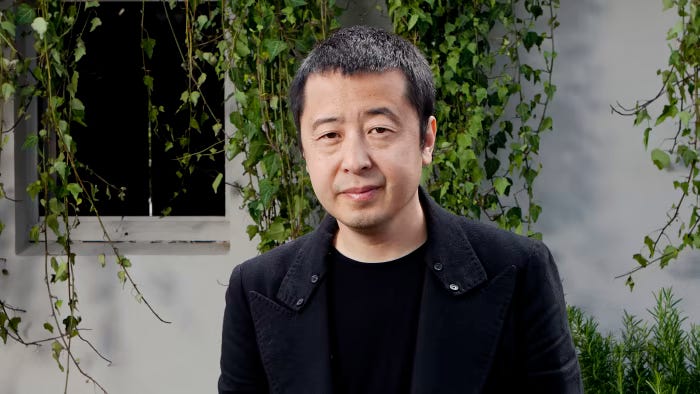
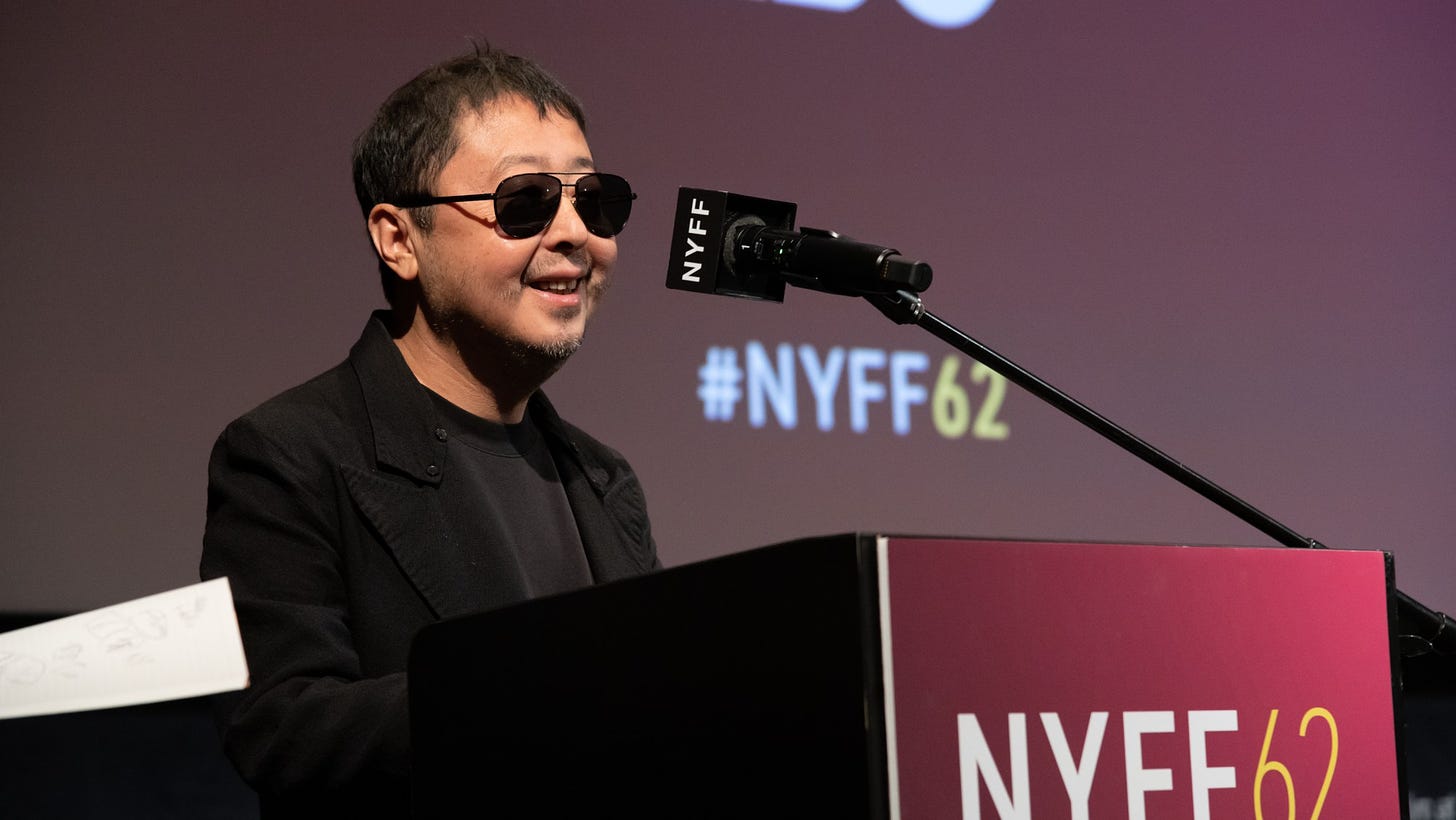




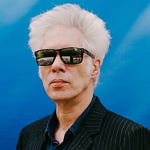
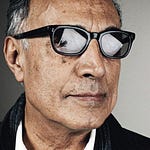

Share this post